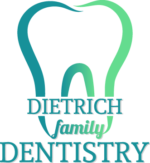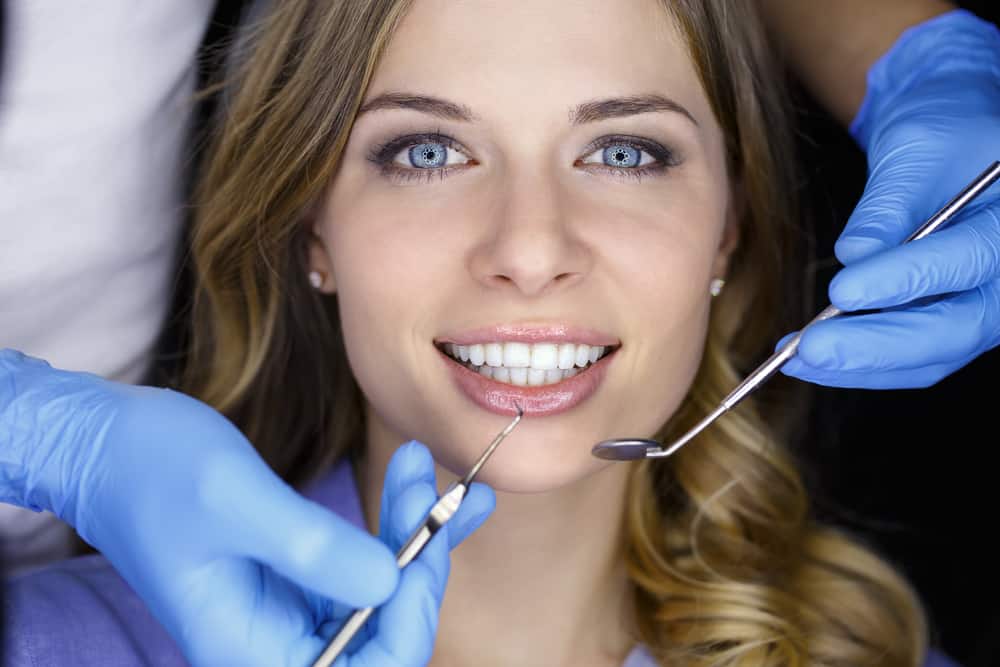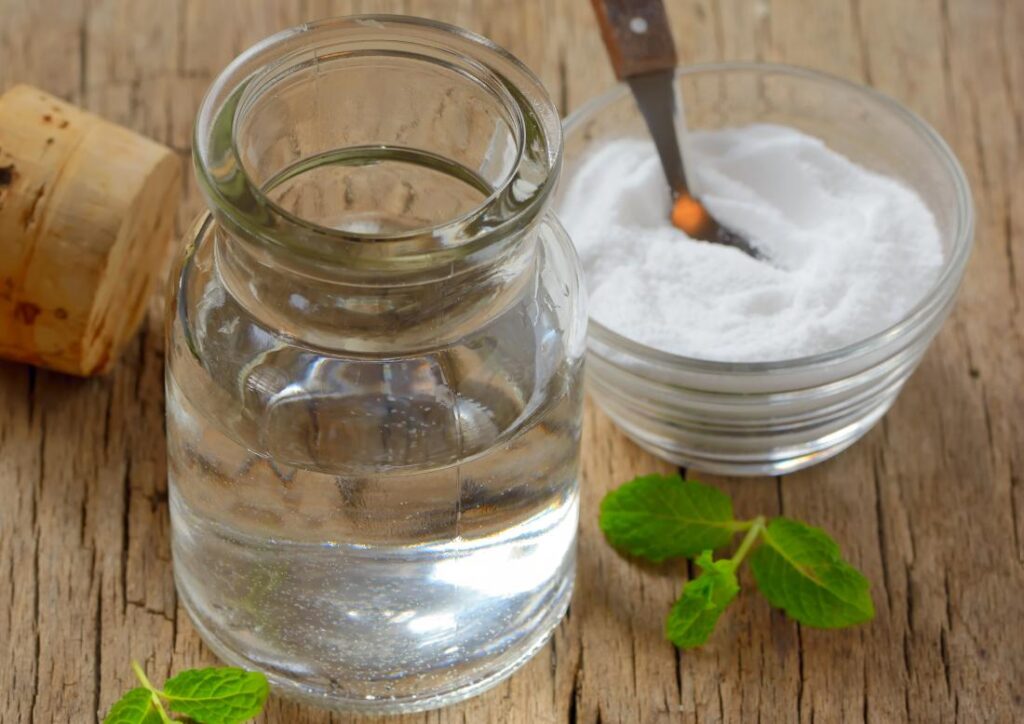The Ultimate Guide to Oral Health: Tips for a Lifetime of Healthy Smiles

Maintaining good oral health is essential for overall wellness and confidence. From preventing cavities to warding off gum disease, taking care of your teeth and gums can have a profound impact on your quality of life. In this comprehensive guide, we’ll explore everything you need to know to achieve and maintain a healthy smile for years to come.
- Brushing and Flossing Techniques: Proper brushing and flossing are the foundation of good oral hygiene. Brush your teeth at least twice a day with fluoride toothpaste and use dental floss or interdental brushes to clean between your teeth and along the gumline. Remember to brush your tongue, too, to remove bacteria and freshen your breath.
- The Importance of Regular Dental Check-ups: Regular dental check-ups are crucial for detecting and preventing oral health issues. Schedule visits to your dentist every six months for a professional cleaning and examination. Your dentist can identify early signs of decay, gum disease, or other problems and provide personalized advice for maintaining optimal oral health.
- Healthy Habits for Strong Teeth and Gums: Adopting healthy habits can help protect your teeth and gums. Limit sugary and acidic foods and drinks, which can contribute to tooth decay and erosion. Instead, choose nutrient-rich foods like fruits, vegetables, dairy products, and lean proteins to support strong teeth and bones.
- Protective Measures for Your Smile Safeguarding your teeth from injury and damage is crucial. If you play sports, wearing a mouth-guard can protect your teeth from impacts and injuries. Additionally, if you clench or grind your teeth at night, using a bite-plane can prevent tooth wear and alleviate jaw pain. Both a mouth-guard and a bite-plane serve different purposes but are equally important for maintaining your oral health.
- The Role of Fluoride and Sealants: Fluoride is a mineral that strengthens tooth enamel and helps prevent cavities. Many toothpaste and mouthwash products contain fluoride, but your dentist may also recommend professional fluoride treatments for added protection. Additionally, dental sealants can be applied to the chewing surfaces of the back teeth to seal out decay-causing bacteria and prevent cavities.
By following these tips and making oral health a priority, you can enjoy a lifetime of healthy smiles. Remember, your dentist and dental hygienist are valuable resources for personalized advice and support on your journey to optimal oral health. Invest in your smile today for a brighter, healthier tomorrow!
For more oral health tips and insights, visit our blog regularly and schedule your next dental check-up with us. Together, we can keep your smile shining bright! #OralHealth #HealthySmile








